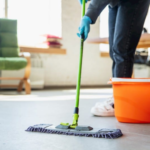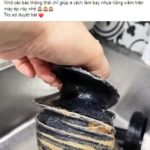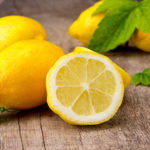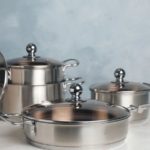1. Use a paper towel to wipe everything on the surface
Paper towels are not suitable for cleaning glass or wooden kitchen countertops because their rough texture can scratch these surfaces. The solution is to use a soft cloth for cleaning instead.
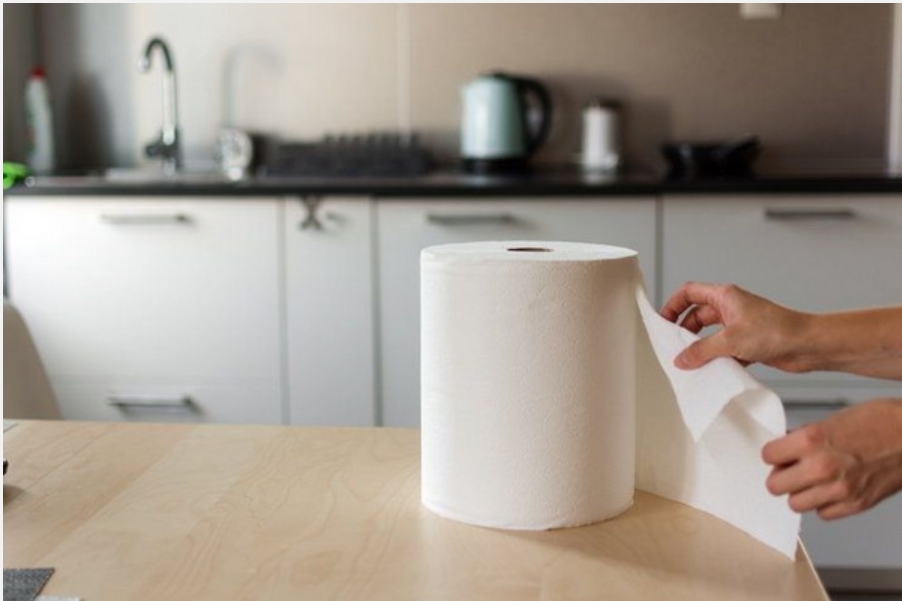
2. Forget to store knives properly
One of the most common mistakes that many people make is storing knives in the same drawer with other utensils. This can damage the blades due to friction and collision with other materials or objects. Therefore, you can store your knives in a separate drawer or cover each blade to avoid danger.
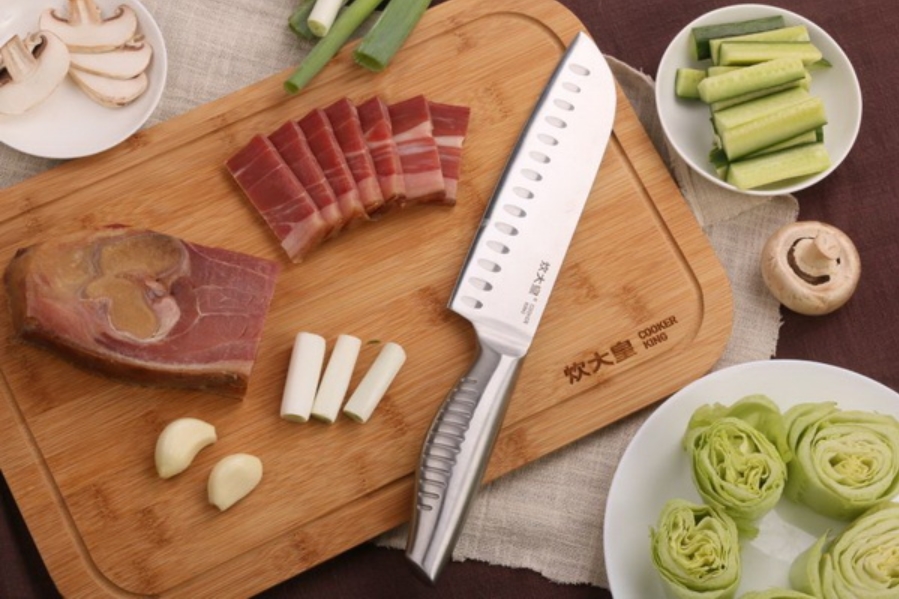
3. Use vinegar to clean everything
Due to its acidic nature, vinegar has strong cleaning properties. However, not all materials are suitable for cleaning with vinegar. For example, granite countertops, marble countertops, floor tiles, metal surfaces, or hard wood floors should not be cleaned with vinegar as it can corrode metal or discolor stone surfaces. Some appliances and fixtures you can use vinegar to clean include the microwave, dishwasher, and faucet.
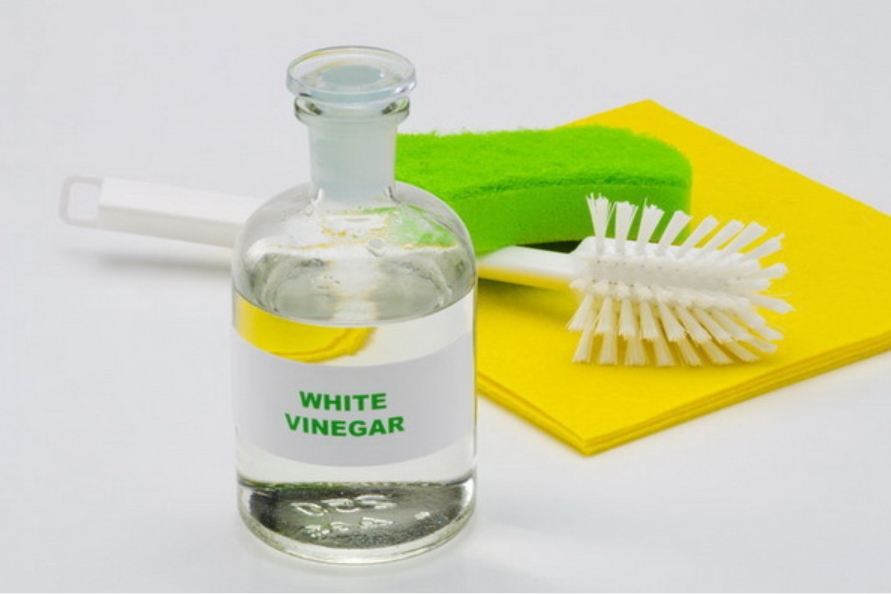
4. Blend hot ingredients in a blender
Liquids or hot foods contained in a covered blending cup can expand. When blending hot foods, the friction can create pressure inside the blending cup. When the pressure is too high, it can cause an explosion.
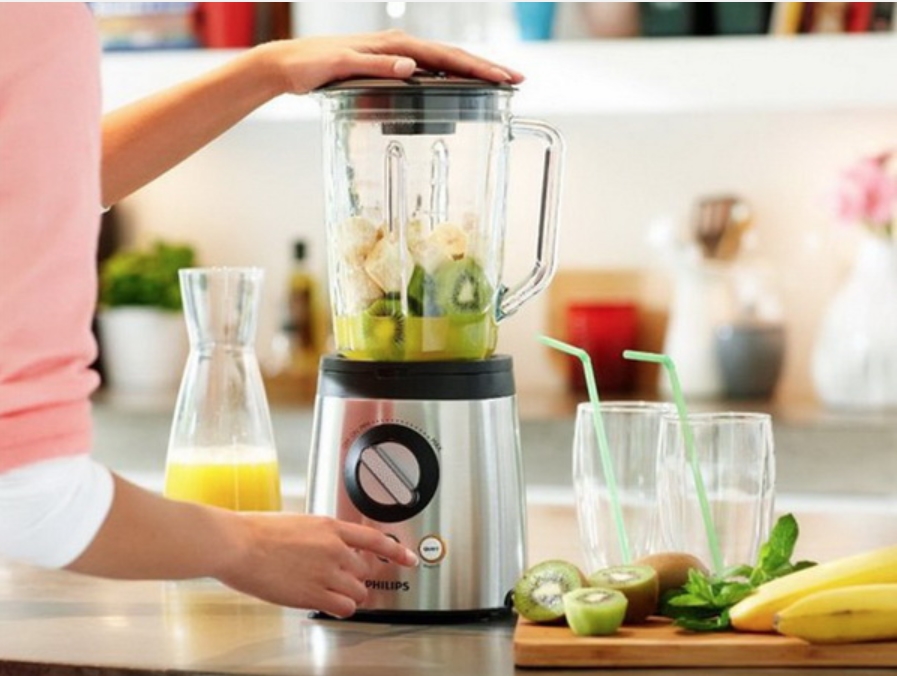
5. Cook certain foods in non-stick pans
Avoid cooking acidic foods like tomatoes or oranges in non-stick pans because the acid in these ingredients can damage the pan and cause it to wear out faster.
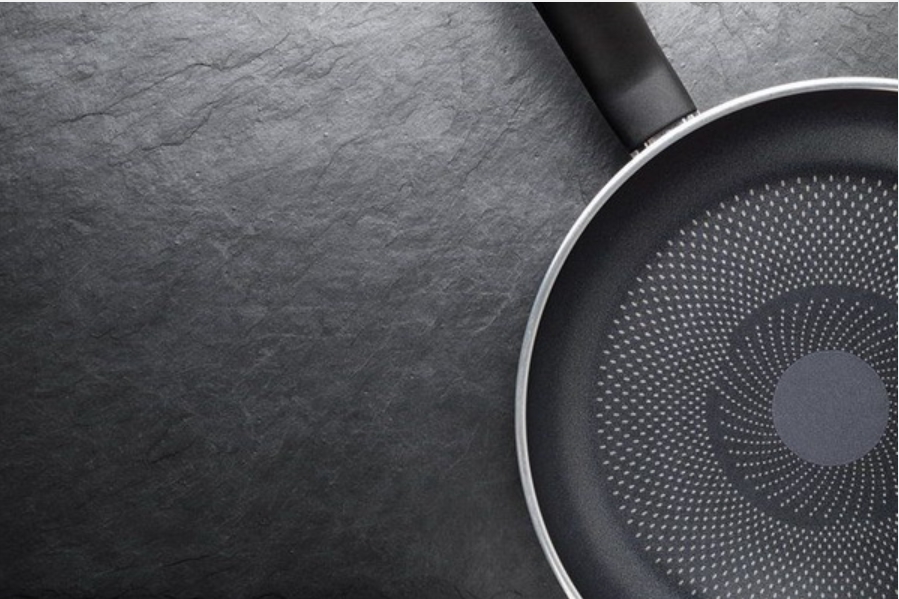
6. Let water accumulate on dish rack
Water that accumulates on dish racks and utensil holders is a breeding ground for bacteria and germs, so it’s important to regularly scrub and keep them dry to avoid health hazards.
7. Pour potato peels down the drain
This is a big risk because potato peels contain a lot of starch. The starch can clump together and clog the pipes. The same goes for carrot peels as they contain fiber that can clog your drains. So the best way is to throw them in the trash.
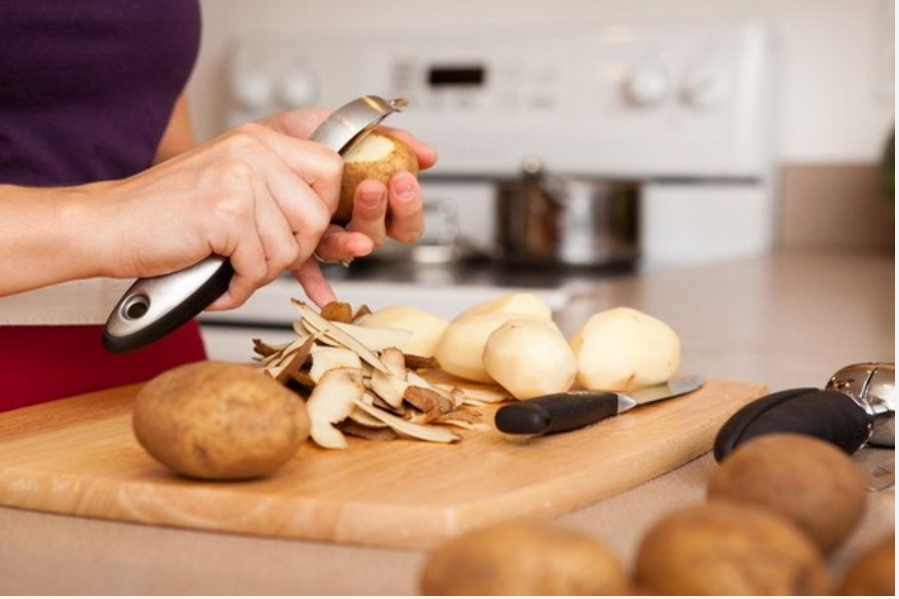
8. Mistake of using a metal scrub brush to clean pans
Metal is the enemy of non-stick materials. In fact, many people often use a metal scrub brush to clean pans, thinking that it will clean the pans better. But this is a mistake because scrubbing with a metal brush will cause the non-stick coating to peel off, not only damaging the pan quickly but also making the toxic substances more likely to seep into the food.
By An Nhiên – Vietnamnet
























